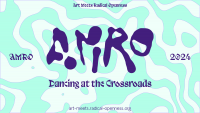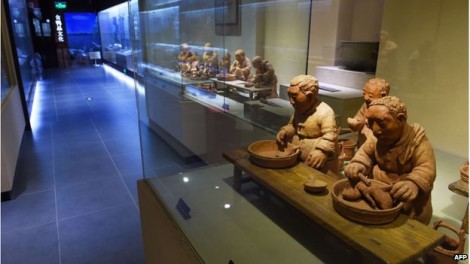
Clay models showing how to prepare the roast duck
When you think of museums in China you may have calligraphy, landscape paintings or even Ming vases in mind – Martin Patience of BBC writes – Not, I would suggest, a giant statue of a golden duck.
But one of Beijing’s latest cultural offerings is a museum dedicated to the capital’s most famous culinary dish: roast duck.
The museum, built by the well-known Quanjude restaurant chain, is most of all attended by peckish customers of the restaurant.
The exhibits include clay models showing how to prepare the roast duck, restaurant advertisements from a bygone age and various pictures of famous people – including, surprisingly, the actor Charlie Chaplin – eating Peking duck.
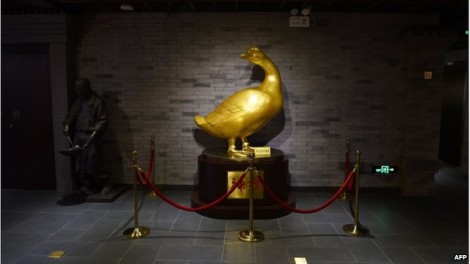
Giant golden duck at the museum
The museum is part of an astonishing building boom and is not the only one of its type: among the country, there are museums dedicated to watermelons, socks and so on.
The boom is going to continue because the funding is there and the interest is there – says Cathy Giangrande, a co-author of the Chinese Museums Association Guide – China is trying to reach the number of museums they have in the US per head of the population.
Less than 50 years ago, she observes, everything was being destroyed during the Cultural Revolution and anyone who was a private collector or had a private museum was banned. The museum building boom therefore represents a major change in the Chinese history.
Curator Cheng Guoqin says part of the reason the government supports the opening of new museums is that it improves the country’s image.
Even if the Chinese government still censors what the public can and cannot see (anything politically sensitive remains strictly off limits) but in terms of choice the average Chinese museum visitor has never had it so good.
Read Martin Patience’s article!
 RICHES on Twitter: #richesEU
RICHES on Twitter: #richesEU
RICHES on YouTube: www.youtube.com/richesEU


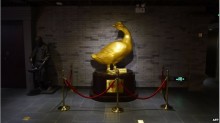
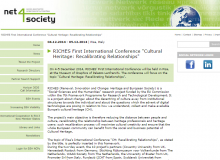

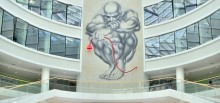
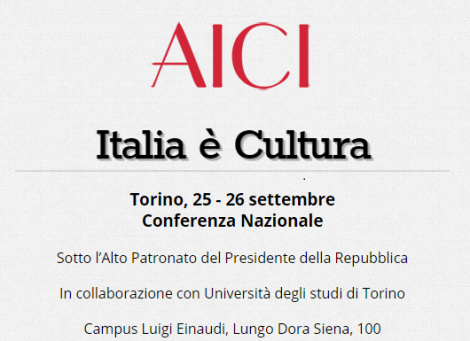 A very prominent conference is taking place in Turin on 25 and 26 september: ITALIA E’ CULTURA (Italy is Culture) organised by AICI (Association of Italian Cultural Institutions).
A very prominent conference is taking place in Turin on 25 and 26 september: ITALIA E’ CULTURA (Italy is Culture) organised by AICI (Association of Italian Cultural Institutions).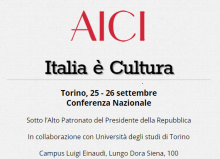
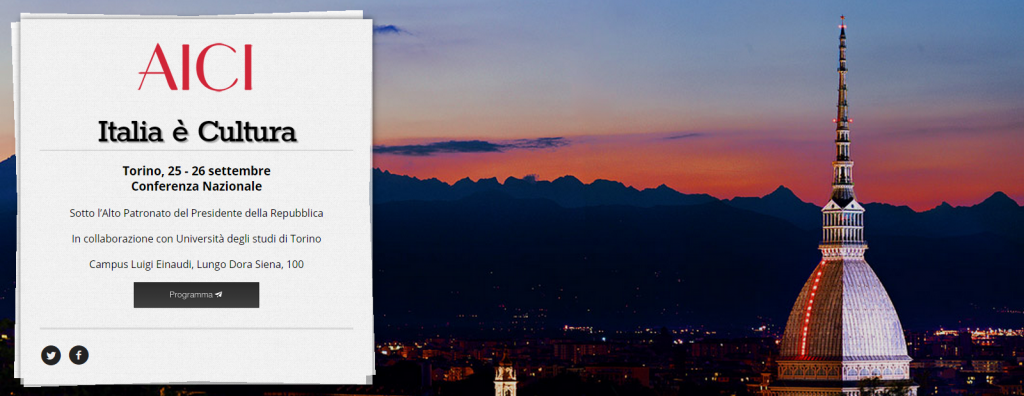
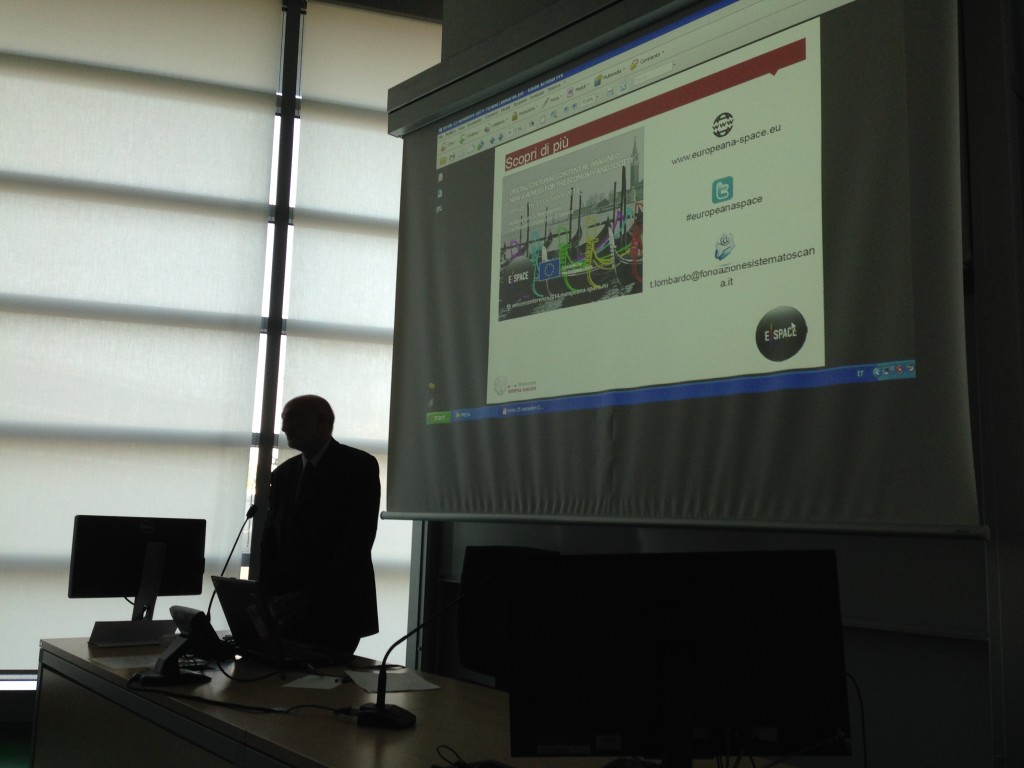
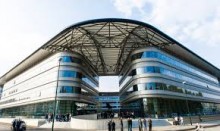
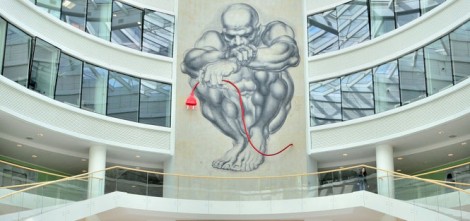 The conference aimed to give a strong signal about the potential of Italian culture and cultural institutions, which are undergoing a positive process of transformation and renewal: Italian culture has a strong vocation to social and technological innovation, to communicational experimentation, to internationalisation. Objectives to be achieved through synergic and multidisciplinary cooperation between the public and private sector for the benefit of Italian economic development.
The conference aimed to give a strong signal about the potential of Italian culture and cultural institutions, which are undergoing a positive process of transformation and renewal: Italian culture has a strong vocation to social and technological innovation, to communicational experimentation, to internationalisation. Objectives to be achieved through synergic and multidisciplinary cooperation between the public and private sector for the benefit of Italian economic development.
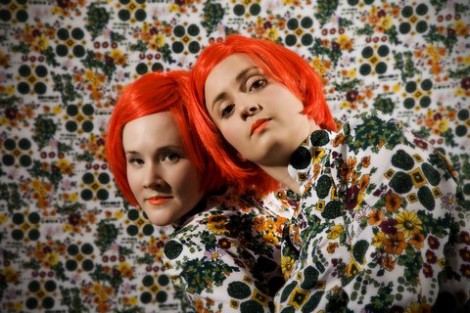
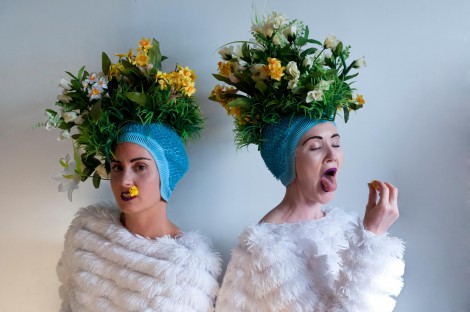
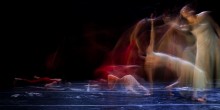
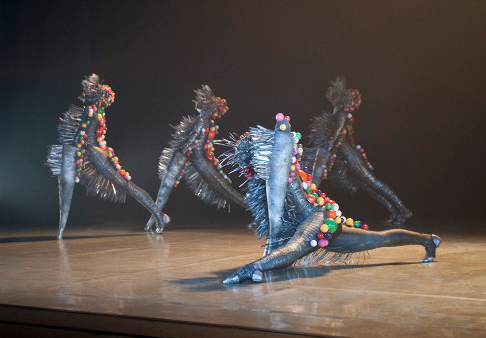





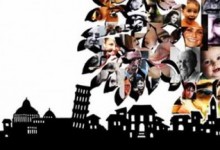
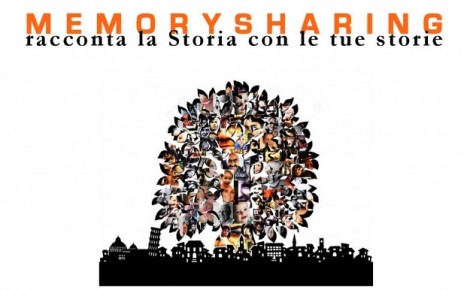 MemorySharing is a project which aims to create a new way for increasing the value of a community’s memories and private documents, by combining web technologies, scientific accuracy and creative approach in the multimedia sharing/telling of contents. Main objective is to connect generations, comparing and transferring knowledge, dynamically and funnily strengthening the shared memory, actively engaging aged and young people. Basically, MemorySharing wants to match with History starting from documents and individual and family testimonies, believing that such micro-historical, fragmented and scattered material can constitute (once suitably reconstructed as a puzzle) an unconventional collective heritage, important for retracing the history of communities, cities and nations. The main phases of the project are four:
MemorySharing is a project which aims to create a new way for increasing the value of a community’s memories and private documents, by combining web technologies, scientific accuracy and creative approach in the multimedia sharing/telling of contents. Main objective is to connect generations, comparing and transferring knowledge, dynamically and funnily strengthening the shared memory, actively engaging aged and young people. Basically, MemorySharing wants to match with History starting from documents and individual and family testimonies, believing that such micro-historical, fragmented and scattered material can constitute (once suitably reconstructed as a puzzle) an unconventional collective heritage, important for retracing the history of communities, cities and nations. The main phases of the project are four:
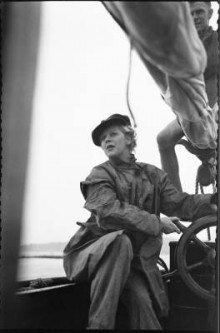
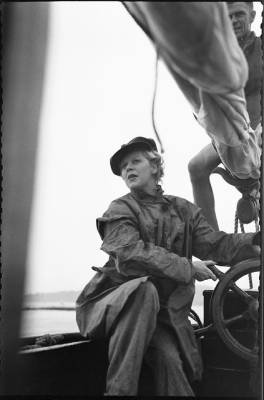


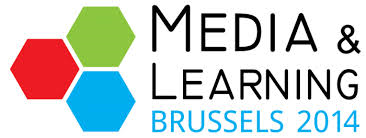 Media & Learning 2014 is dedicated to the latest developments, services and uses of media in education and training. Aimed at both policy makers and practitioners, the purpose of this annual event, organized by the Flemish Ministry of Education, is to identify policies and initiatives that promote digital and media competence at all levels of education and training as well as to promote best-practice in the take-up and application of media in education and training.
Media & Learning 2014 is dedicated to the latest developments, services and uses of media in education and training. Aimed at both policy makers and practitioners, the purpose of this annual event, organized by the Flemish Ministry of Education, is to identify policies and initiatives that promote digital and media competence at all levels of education and training as well as to promote best-practice in the take-up and application of media in education and training. If you have interesting news and events to point out in the field of digital cultural heritage, we are waiting for your contribution.
If you have interesting news and events to point out in the field of digital cultural heritage, we are waiting for your contribution.














